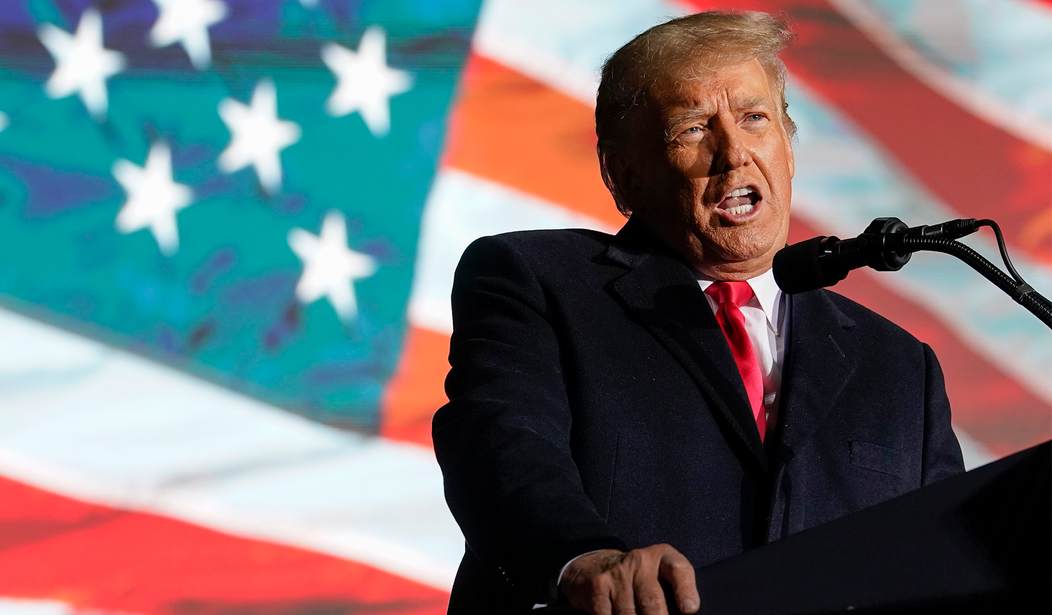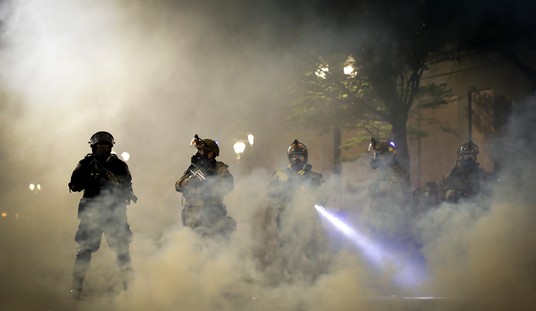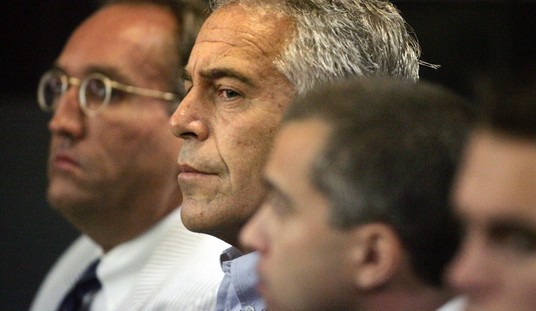Former President Donald Trump has reversed course days before he was set to testify before the January 6 committee.
The 41-page lawsuit, filed in a federal court on Friday, comes ahead of Trump’s deposition before the committee, where he was supposed to testify and hand over documents related to the 2020 election. He was previously open to testifying, according to reports.
Here’s more, via the New York Times:
The suit seeks to declare the subpoena invalid for a variety of reasons, including that it is overly broad and unnecessary. Mr. Trump’s lawyers say the subpoena lacks a legislative purpose and infringes upon executive privilege and his First Amendment rights.
“The broad scope of the subpoena’s request for documents and testimony threatens to force President Trump to reveal the inner workings of his presidential campaign, including his political beliefs, strategy, and fundraising,” wrote a lawyer for Mr. Trump, Matthew Seth Sarelson.
The suit makes it highly unlikely Mr. Trump will testify before the panel, given that the committee is set to dissolve at the end of this Congress in January. With Republicans on a path to take control of the House, it is all but certain they would not continue the inquiry. But the suit could test a constitutionally important question over whether Congress can compel testimony from a former president.
The committee subpoenaed Trump back in October at the conclusion of their series of public hearings.
The Democrat-led lawmakers that make up the January 6 committee are attempting to get ahold of documents related to a myriad of issues surrounding the Capitol Hill riot on January 6, 2021, including “material on the former president’s bid to create false slates of pro-Trump electors in states he lost, his connections to the militia groups that attended the Jan. 6 riot at the Capitol, any attempts to delay or disrupt the electoral count by Congress on that day, and his interactions with members of Congress,” according to the Times.
Trump’s decision to fight the subpoena in court will likely run out the clock, as the next Congress will signal the end of any such subpoena. All Congressional subpoenas expire at the end of a Congressional term.














Join the conversation as a VIP Member